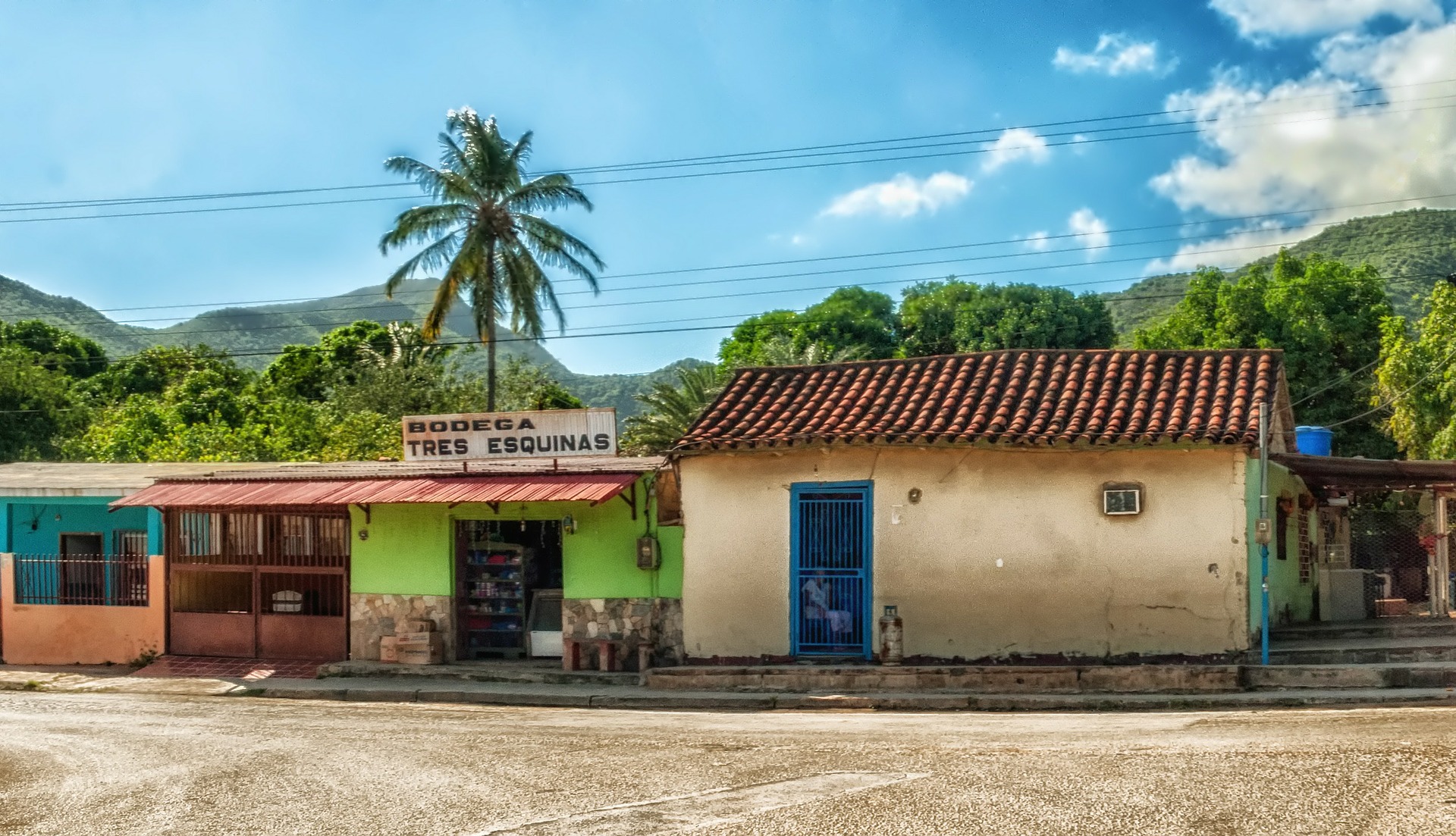Changing Water to Wine
Dealer Intent Converted to Investor Intent Midstream – Ta Da!!
And Other Pulling Rabbits Out of Hats Stories
There is a long-standing story about a man changing water to wine at a wedding. Not a bad deal. And, pretty economical at that. Recently, a Houston area real estate developer pulled off pretty much the same thing. And saved about $1.9 million in income tax as a result.
Our “pulling rabbits out of a hat” story begins long ago with an 883 acre oilfield southwest of Houston. A real estate developer bought it in 1998 with visions of subdividing into residential and commercial lots and making millions. For 10 years, Sugar Land Ranch Development, LLC (SLRD) cleaned up the oil field, built a levee to keep the nearby Brazos River under control and agreed to a development plan with the city of Sugar Land. But, no dividing into lots or construction ever took place. So far, so good.
Tragically, the 2007 real estate market collapse and subprime mortgage crisis obliterated prospects of the project moving forward as planned. Housing wasn’t fetching good prices anymore and availability of credit fell through the floor. To make matters worse, SLRD’s bank began tightening the screws in demanding a stronger, equity infused balance sheet “or else” foreclosure.
SLRD had to devise and go to “Plan B” in a big hurry. Instead of holding out to subdivide and develop (and make millions, of course), the plan became to survive. Hold on to the land by a thread in hopes of riding out the storm and cashing out some day on a bulk sale at a restored profit.
If fortunate enough to keep the grim reaper away and ride the market back up, how would our bulk sale gain be taxed? That’s where the tricky part comes in. A developer (dealer) must pay tax at ordinary income rates and self-employment (SE) tax to boot. By contrast, a mere investor enjoys much lower capital gain tax rates and no SE tax.
On “dealer vs. investor” grounds, we had a couple of factors slicing badly against us. First, our very own name, Sugar Land Ranch Development, LLC. Second, on Form 1065, we continued to report our profession as “Real Estate Development”. Ouch. Third, our intent for the bulk of their 10 years holding the property was to develop.
That’s where pulling rabbits out of a seemingly empty hat comes in. Could we (developers) change horses (near the Brazos River) midstream? Could we change our intent from developing to mere investing? Could we change water to wine? If so, how could we let the big, wide western world know we changed our mind?
That’s it!! We’ll draft some killer good LLC resolutions (minutes): a “Unanimous Consent of Managers (Land Held for Investment)” executed 12/16/08 and a “Member Resolution” to sell property executed on 11/19/09. We’ll give these documents a “Texas draw” flavor amongst all the right, exceedingly well-placed technical wording. Later, though we won’t actively market the land, a suitor will show up, buy us out and save our bacon.
Later, as our story unfolded, that’s exactly what happened. But, with a twist. An independent third party developer indeed showed up and bought 81% (western portion) of the property. However, SLRD sold the remaining 19% (eastern portion) to its own related party companies who proceeded to develop. SLRD later filed a tax return reporting all of the resulting gains as wine (long term capital gains) with a converted tax savings of $1.9 million dollars.
IRS, of course, pitched a fit, arguing SLRD was a developer that never changed its stripes. Fortunately for SLRD, the Tax Court categorically rejected IRS’s song and dance. In so doing, the Tax Court (Sugar Land Ranch Development, LLC, TCM 2018-21 (02/22/18)) cited SLRD’s changed economic circumstances and bought their LLC resolutions hook, line and sinker. The fact SLRD sold 19% to related parties (who went on to develop) was not even held against it (there’s a nice batch of case law supporting that). Result: Water was indeed changed to wine. A developer indeed changed its mind midstream to become an investor. Not bad.
Morals of the story? If intent changes and investor status is advantageous: 1. Refrain from building on the property; 2. Sell the portion, if any, to be retained and developed to a related, but distinct, third party; and 3. Document, document, document.
On the flip side, if it’s a loss you face on sale, the opposite holds true. Developer status avoids highly disadvantageous long-term capital loss and bags highly coveted ordinary loss. I guess what you want depends on who you are.
And, oh, did I mention to carefully document your file?


